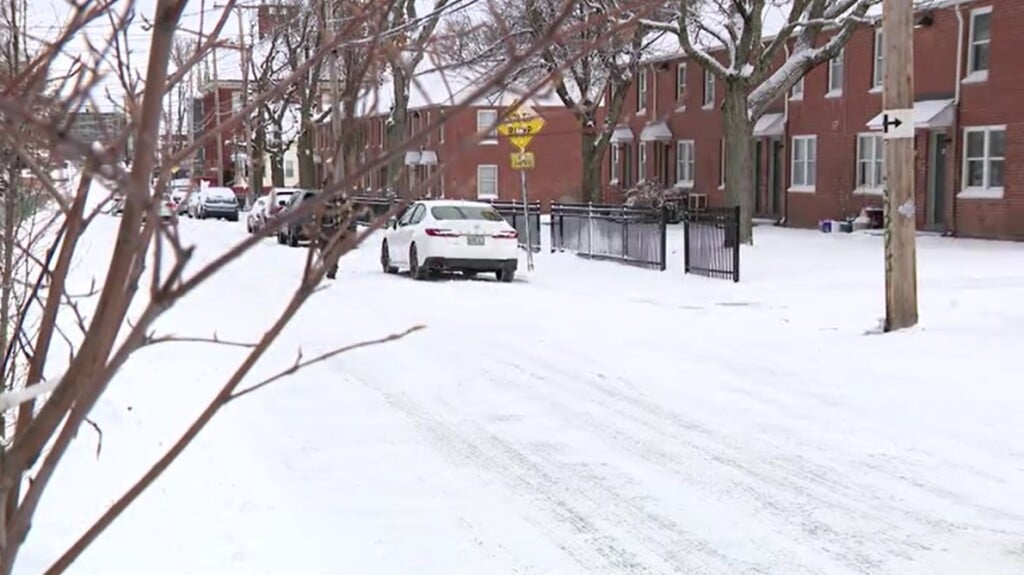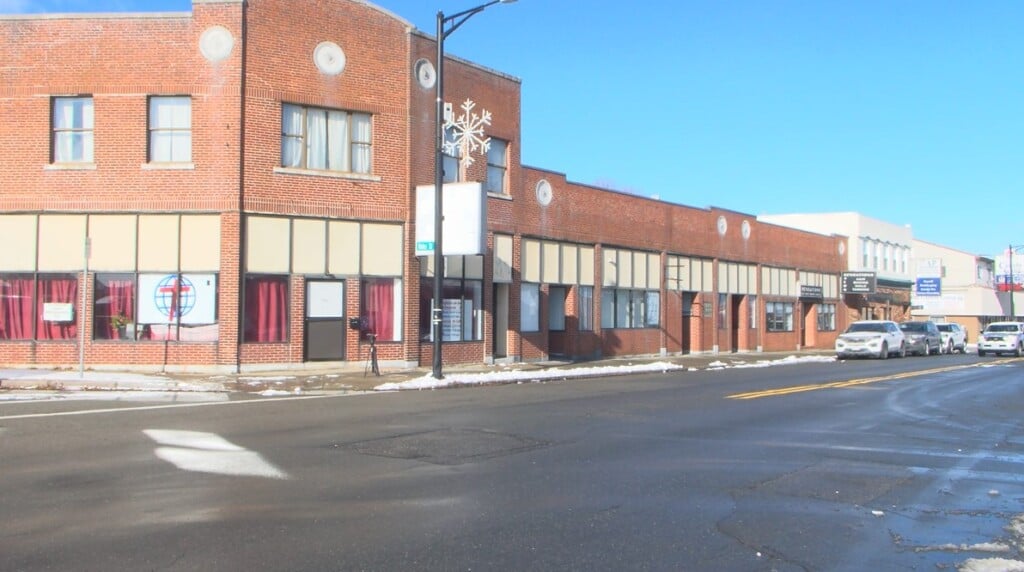Namesake of ‘Mario’s Law’ released from ACI
PROVIDENCE, R.I. (WLNE) — The Rhode Island American Civil Liberties Union said that Mario Monteiro, the namesake of a state law designed to give youthful offenders a chance at parole, was released from the Adult Correctional Institutions after serving 22 years.
“Mario’s Law,” which was passed by the General Assembly in 2021, gives anyone who was convicted of a crime before their 21st birthday and are given a long sentence the chance to apply for parole after 20 years.
Monteiro was originally given both a life sentence and another sentence for the murder of a 31-year-old Providence man when he was 17-years-old.
The ACLU said the state originally decided that Monteiro was not eligible for parole due to an attorney general decision which would make juvenile offenders need to wait another decade to apply.
The ACLU filed a lawsuit for the “unlawful incarceration of juvenile offenders,” and the Rhode Island Supreme court then rejected the attorney general’s interpretation of the law, which allowed Monteiro to be seen by the parole board.
“Thanks to the General Assembly, the courts and the parole board, Mario’s release acknowledges the basic fact that juvenile offender characteristics of impulsivity, recklessness and immaturity should be considered before keeping in prison for life a person sentenced in their youth,” the ACLU said in a statement.
Attorney General Peter Neronha’s office said that it had objected to Monteiro’s release as he had been convicted of first-degree murder, conspiracy, felony assault, and discharging a firearm during the committing of a felony.
The office released the letter it sent to the parole board in 2021 on Monteiro.
Neronha released the following statement:
When Mr. Monteiro last appeared before the parole board, in December 2021, this office objected to his parole in light of the gravity of his offense. At that time, the parole board, over the office’s objection, decided to grant Mr. Monteiro parole effective in 2022, if he was legally eligible for release to the community. Earlier this month, the Rhode Island Supreme Court decided that Mr. Monteiro was in fact eligible to be released on parole. In light of this ruling, the parole board took the position that it had already granted Mr. Monteiro parole and therefore did not need to conduct another hearing or review before releasing him today. Accordingly, we did not have the opportunity to renew our objection to Mr. Monteiro’s release.




